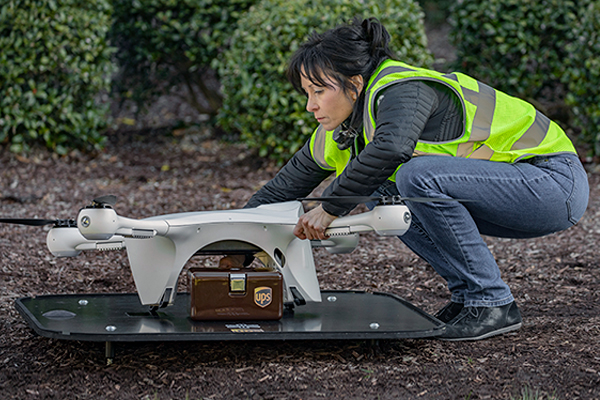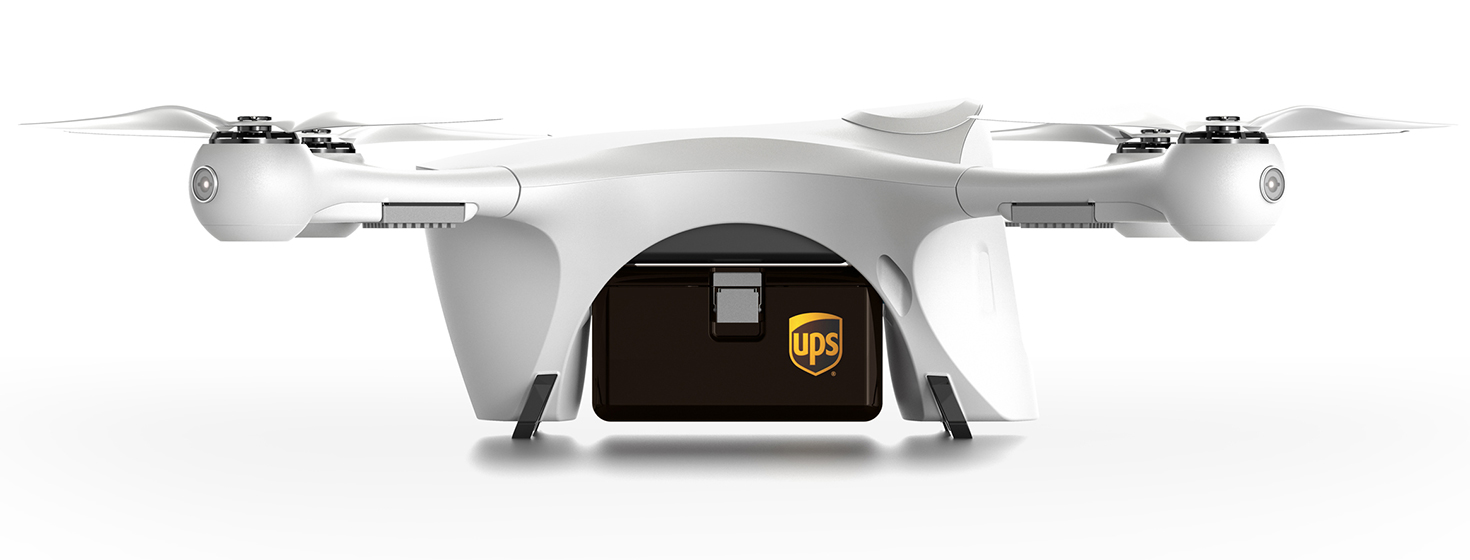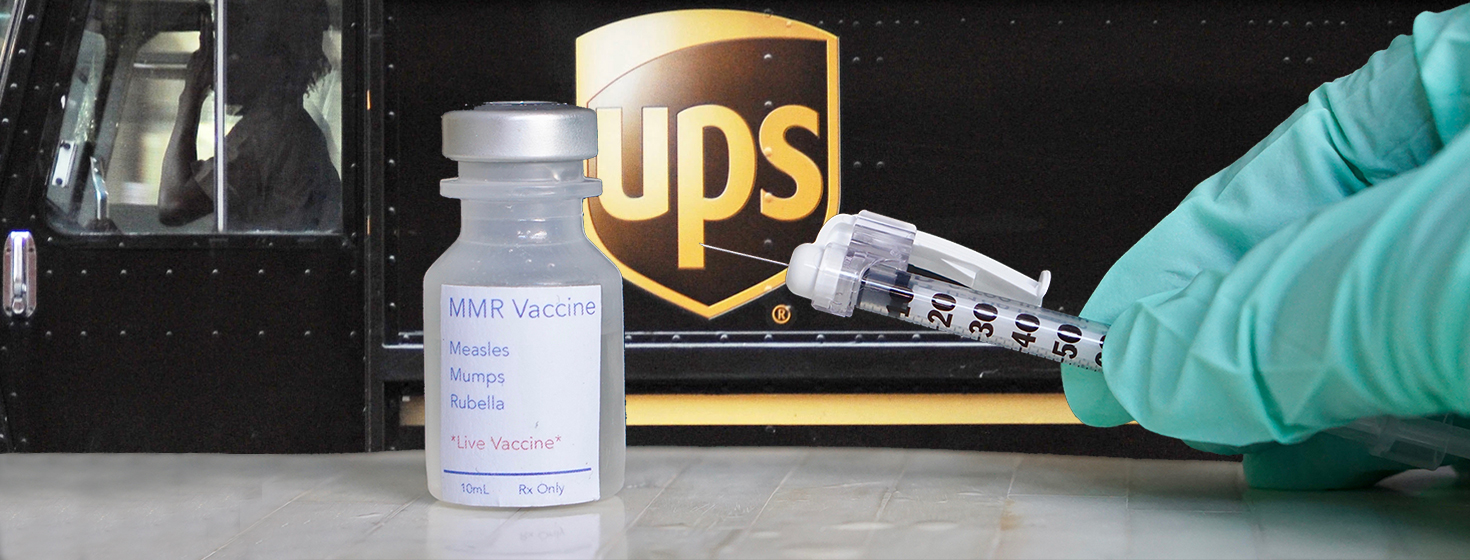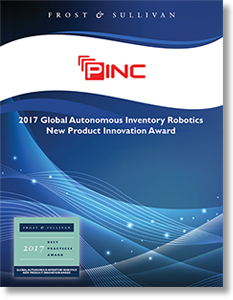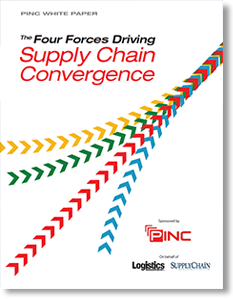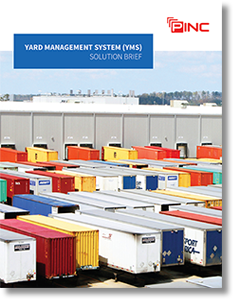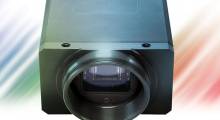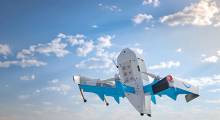The UPS Matternet Program
UPS today announced a groundbreaking new logistics service to deliver medical samples via unmanned drones through a collaboration with Matternet, a leader in autonomous drone technology.
The program is taking place at WakeMed’s flagship hospital and campus in the Raleigh, N.C., metropolitan area, with oversight by the Federal Aviation Administration and North Carolina Department of Transportation.
Today’s flight marks the beginning of numerous planned daily revenue flights at the WakeMed Raleigh campus.
The UPS and Matternet program represents a major milestone for unmanned aviation in the United States.
Currently, the majority of medical samples and specimens are transported across WakeMed’s expanding health system by courier cars.
The addition of drone transport provides an option for on-demand and same-day delivery, the ability to avoid roadway delays, increase medical delivery efficiency, lower costs and improve the patient experience with potentially life-saving benefits.
Chris Cassidy, UPS President of Global Healthcare & Life Sciences Strategy stated;
“UPS Healthcare & Life Sciences is excited to expand on our current lab specimen logistics portfolio to drive a step change in today’s delivery models, using drones to bring blood and other diagnostic specimens from medical facilities to central labs will improve transport efficiencies like never before, and with fewer vehicles on the road, we’ll generate less environmental impact.”
NCDOT, which is working to leverage drones to expand healthcare access for the residents of North Carolina, supported Matternet in conducting first-round test flights using Matternet’s drone technology on WakeMed’s campus in August 2018 as part of the FAA’s Unmanned Aircraft System Integration Pilot Program (IPP).
The three-year FAA program aims to test practical applications of drones by partnering local governments with private sector companies to learn more about how this emerging technology can be safely and usefully integrated into day-to-day activities.
The five IPP partners involved are the FAA, NCDOT, UPS, Matternet, and WakeMed.
The program will utilize Matternet’s M2 quadcopter, which is powered by a rechargeable lithium-ion battery and can carry medical payloads weighing up to about 5 lbs. over distances of up to 12.5 miles.
Throughout the WakeMed program, a medical professional will load a secure drone container with a medical sample or specimen – such as a blood sample – at one of WakeMed’s nearby facilities.
The drone will fly along a predetermined flight path, monitored by a specially trained Remote Pilot-in-Command (RPIC), to a fixed landing pad at WakeMed’s main hospital and central pathology lab.
This will be an ongoing program at WakeMed, and UPS and Matternet will use the learnings to consider how drones can be applied to improve transport services at other hospitals and medical facilities across the U.S.
Enhancing the UPS Global Smart Logistics Network to support hospitals and other healthcare organizations remains a key element of the company’s transformation strategy.
Healthcare and life science logistics is a priority segment for UPS, and the company is building new relationships and technologies to deliver better patient care with streamlined logistics and supply chain.
This collaboration is the latest UPS program to utilize drone flights in support of healthcare logistics.
UPS partnered with GAVI and Zipline in 2016 to deliver blood products to remote locations in Rwanda.
The Matternet team has already completed more than 3,000 flights for healthcare systems in Switzerland.
Andreas Raptopoulos, CEO of Matternet stated;
“Together with UPS, we aim to shift the status quo for on-demand logistics for healthcare systems in the U.S. through drone delivery networks, our technology allows hospital systems to transport medical items at an unprecedented level of speed and predictability, resulting in improved patient care and operational savings, we are excited to work with our partners to breathe new life into healthcare logistics, and help establish a new layer of ultra-fast, predictable transportation.”
In other news, a Reuters report published last week indicated that UPS is in the process of entering the United States home health services market that is expected to begin later this year.
Read: UPS in the Process of Preparing to Enter the United States Home Health Services Market
Related Resources
Using Autonomous Robots to Drive Supply Chain Innovation
This paper details how new technologies are presenting promising opportunities for improvement across the supply chain and how autonomous robots and drones are poised to change the game. Download Now!
Global Autonomous Inventory Robotics New Product Innovation Award
This best practices research paper details the PINC Air inventory robotics solution with its quick deployment model, faster inventory velocity, product ingenuity, and rapid ROI underscoring the decision for PINC to win Frost & Sullivan’s 2017 New Product Innovation Award. Download Now!
The Four Forces Driving Supply Chain Innovation
When supply chain professionals discuss supply chain execution, their focus is typically put on transportation management systems and warehouse management systems, the yard management systems capability and importance is mistakenly undervalued. Download Now!
The Rise of the Digital Yard
In this white paper we explore the rise of the digital yard and show how technology is enabling significant efficiencies, productivity gains, and cost containment in a world where every penny added to the bottom line positively impacts organizational success. Download Now!
Solution Brief: Yard Management System
Yards are the intersection between warehouses and transportation, they are a critical linkage in logistics management practices and have a significant impact on the overall efficiency of the supply chain. Download Now!
More PINC Resources
Article topics
Email Sign Up

